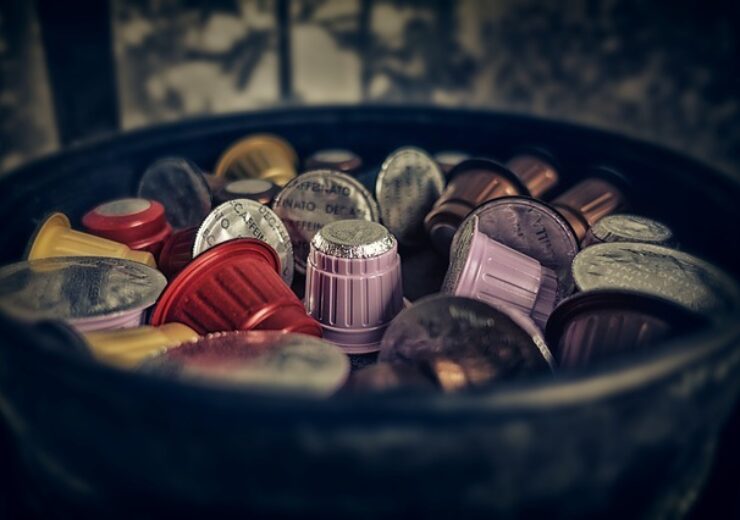Nespresso Canada said that the aluminium coffee capsules are made of thinner aluminium foil and incorporate 9.2% less aluminium material and lighter by 8%.

Nespresso announces two new sustainability initiatives. (Credit: Thomas Wolter from Pixabay.)
Nespresso Canada has introduced new capsules that are made using 80% recycled aluminium and new fully recyclable boxes made from 95% recycled material for their machines that are dedicated to the Vertuo Next range.
The company said that the Original Line Master Origin Colombia capsules are first-ever coffee capsules made using 80% recycled aluminium.
The two new sustainability initiatives form part of the company’s sustainable development approach.
Nespresso said that it aims to extend both initiatives to all ranges of the consumer coffee and machines by the end of 2021.
Nespresso Canada said that the aluminium coffee capsules are made of thinner aluminium foil and incorporate 9.2% less aluminium material and lighter by 8%.
Nespresso Canada marketing vice-president Julie Pomerleau said: “This is a significant milestone in our journey towards circularity and in maximizing the reuse of product materials. This is aligned with the principle of extended producer responsibility, a key concept for Nespresso.”
Nespresso implemented several recycling solutions
Nespresso said that it has been developing and implementing recycling solutions for over 25 years worldwide.
The recycling solutions include Black Bag Solution, Red Bag Solution and Green Bag Solution.
Black Bag Solution that allows consumers to drop-off their used aluminium capsules to a Nespresso Boutique or a partner collection point.
Red Bag Solution allows consumers to drop off the used aluminium capsules in a Canada Post mailbox or Post Office.
Green Bag Solution allows the residents of the participating municipalities to put their used aluminium Nespresso capsules in a green bag and then to place the latter in their recycling bin at home.
These completely recyclable bags will then be sent to the sorting centre and will be sent to a local partner to separate the coffee grounds from the aluminium.
The recovered aluminium and the coffee grounds will be used as compost on local farms, at no additional cost to consumers or municipalities.
